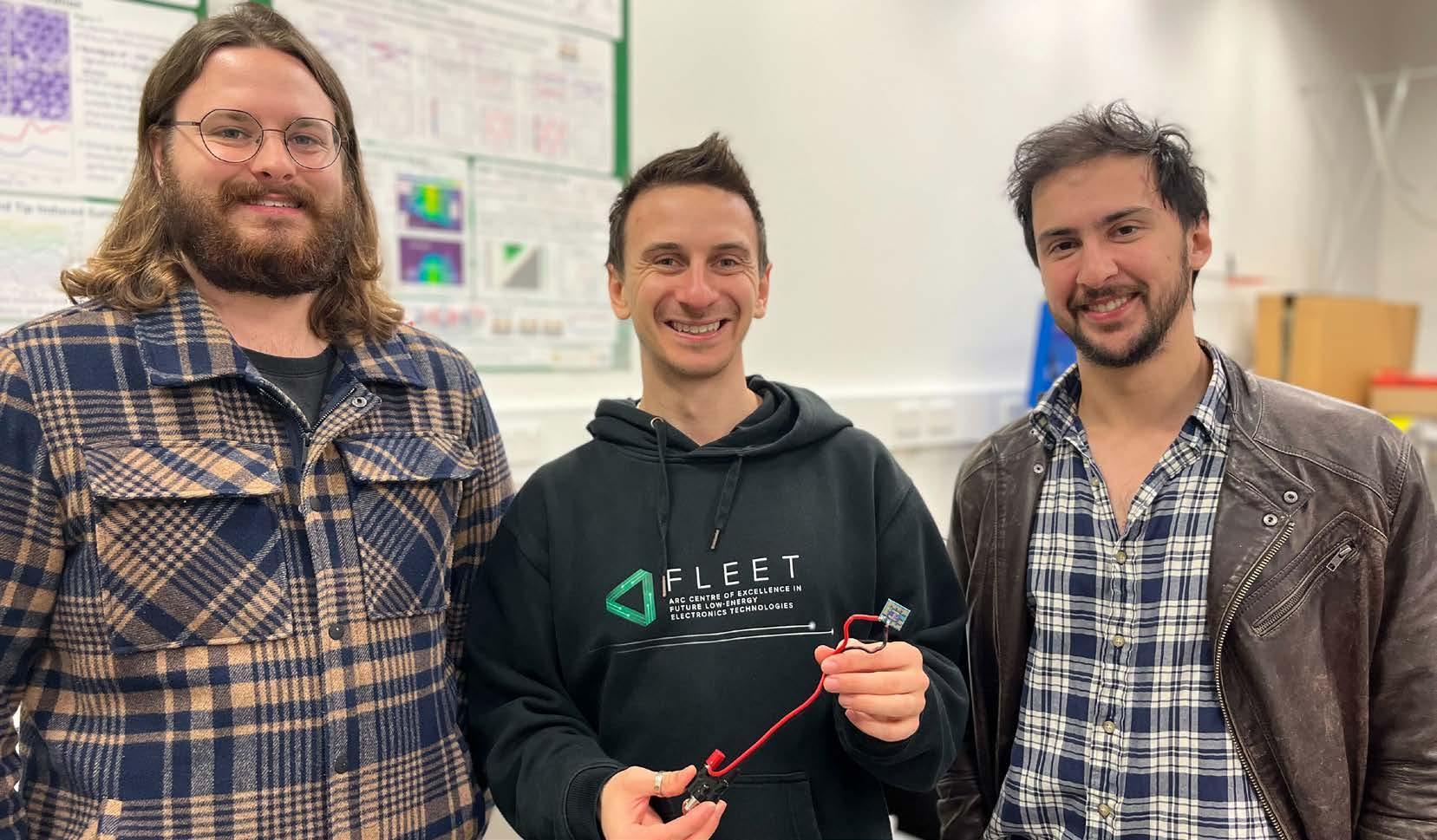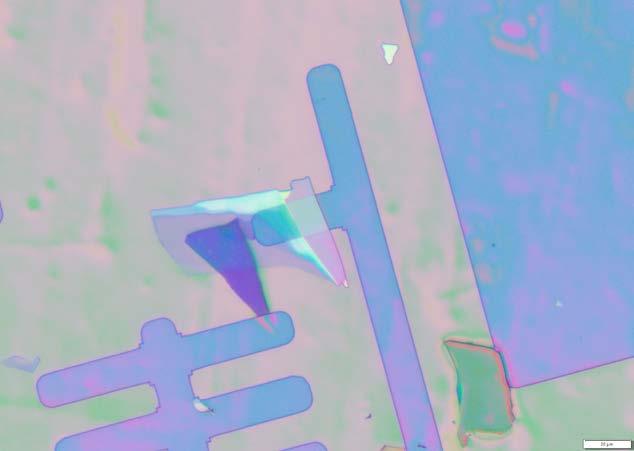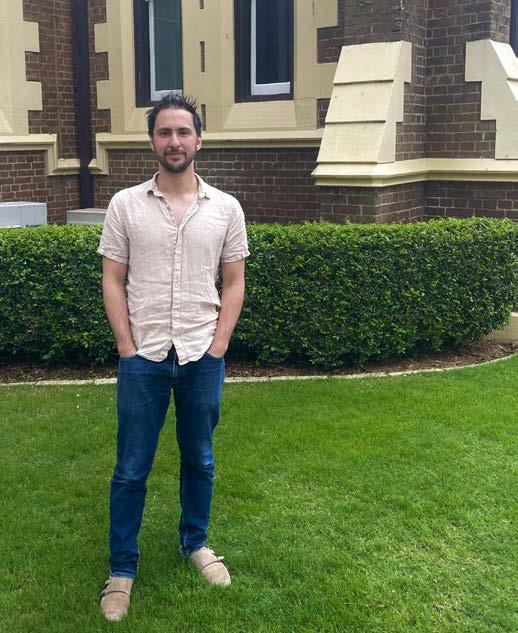
4 minute read
Seismic Discoveries
Seismic Discoveries
Written by Kloe Phelan
As a student, Old Boy and Valedictorian Nicholas Godfrey ‘14 relished in arts and humanities, so a career in physics came as a complete shock to his family.
“When I told [them] I was thinking of doing a degree in physics they all laughed. They’re all very supportive people, but they thought I was joking,” he smiled.
“I didn’t do science in Year 11 or 12, and I was just passing Maths B. Maths was my worst subject. No way did I think I was going to go down that path.”
After graduating from school in 2014, Nicholas subsequently enrolled in a dual degree of Law and Creative Industries at QUT. However, he realised the study of Creative Industries just wasn’t the right fit.
A stint in journalism early in his undergrad led to his recruitment as editor for student publication The Print House, and he had also worked on various amateur film and comedy projects outside of study.
These experience led Nicholas to the discovery that it was more practical for him to keep the fire for the arts burning elsewhere, pursuing study better suited to him. So, while logic and argumentation kept him in Law, he replaced Creative Industries with Physics.
“I’d always been interested in [science], and I thought maybe now that I’m older I’ll be better at it. Turns out I was which is good,” Nicholas laughed.
Not quite anticipating the industrious nature of his impending life in science, he admits it would have been beneficial to factor in more time to quench his thirst for the arts, feeling bittersweet each time he attends a friend’s performance.

“Every time I see them, I definitely do miss it.”
In the last semester of his undergraduate degree, Nicholas had been working at a fintech start-up company doing legal coding and UQ had newly introduced their inaugural legal coding unit, so it was a readily accepted topic for his postgraduate research.
As he continued to develop his understanding as a Research Assistant and now in the depths of his PhD which focuses on legal coding, Nicholas makes sure to keep the physics side car running.
It’s really nice having two different focuses. There are times you get sick of one, but you can let go of it for a bit and still feel productive.
“Any time I go a couple of months without physics I start to miss it quite a bit,” he said.
“It’s really nice having two different focuses. There are times you get sick of one, but you can let go of it for a bit and still feel productive.”
In February 2024, Nicholas and three likeminded peers were brought together with similar ideas and threw their hats in the ring with a proposal to the Better Futures Innovation Challenge.
Deeming their own aspiration whimsical, they sought to “Exploit the effects of quantum tunnelling to measure incredibly small vibrations, providing potential low-cost solutions to problems in earthquake detection and analysis, mining safety and exploration, medical monitoring and more.”
Much to their surprise the project was shortlisted, and following a two-month prototype development process, the team made the final, winning pitch. This opportunity, funded by the Australian Research Council’s Centres of Excellence, secured them the support, resources, and funding required to start developing prototypes.
The team of four had workshopped the idea following an inadvertent discovery.
“One of the guys’ focuses was on scanning tunnelling microscopy - basically making images of super small stuff. He’d been using a complex, very sensitive system that uses a tip to map currents,” Nicholas said.
“It picked up on a small tremor in Melbourne a couple of years ago, before it had even happened. It was a great surprise because it was not designed for that… We thought, could we use this to develop affordable earthquake detection?”
To make the idea more feasible and sustainable, they built a prototype chip and aimed their final pitch at exploratory mining and medical improvements which was positively received.
With the product now in the further development phase, the group is set to meet in Melbourne on a mission to quantify their theories and translate their ideas to the relevant industries.
Dedicated to making the business idea work, but cognisant of the potential setbacks and limitations, the team are also passionate about pursuing further academia after their PhDs.
“If it works, it will be a long journey.”











